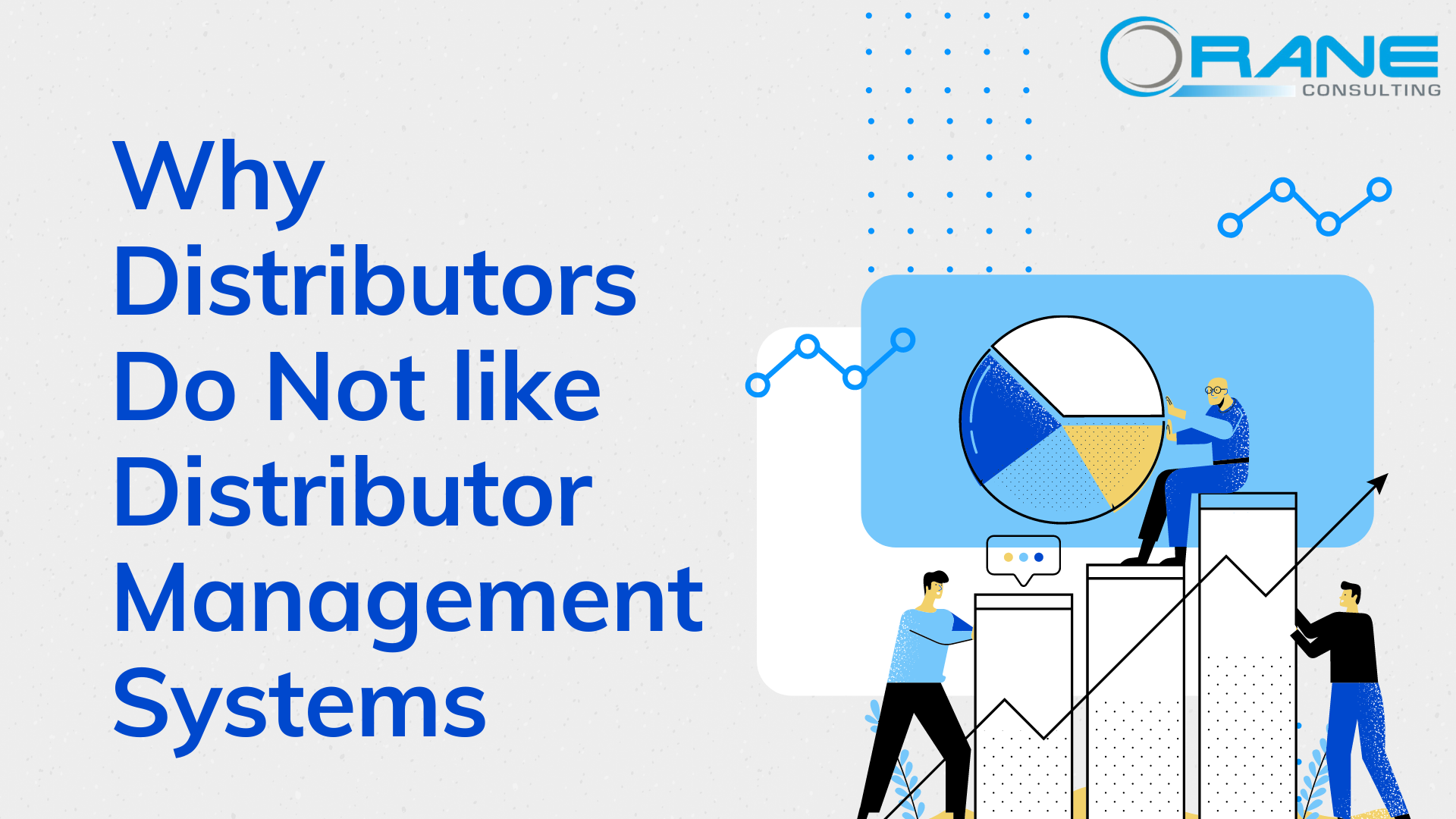Introduction:
The retail life cycle, especially in the FMCG segment, is never short of complexities. It is impossible to see a direct supply chain where a manufacturer or brand produces, markets and sells a commodity directly to the end consumer. There are often tons of middle layers that a product must pass through before reaching the consumer at the end of the life cycle. A significant role in the middle layer is played by distributors.
Historically, distributors form a major backbone for the retail industry in almost every country. They manage the availability of commodities across all segments of retail businesses where consumers from all walks of life shop. These include large format retail stores and supermarkets in cities and towns to the local grocery outlet in the suburbs. As digitalization catches up across all fronts of the retail industry, the distributor community is also not left behind. A lot of distributors want to leverage technology to optimize their operations, save costs, and achieve better business results. One of the known technologies here is Distributor Management Systems.
The global market for Distribution Management Systems (DMS) is expected to hit a record value of USD 3.035 Billion by 2027!
But it is not always a smooth ride for the industry in terms of the adoption of a DMS. Several distributors often disregard the need for a DMS in their operational ecosystem and prefer to stick to their traditional mode of managing the supply chain of commodities between manufacturers and end consumers. Here are the top five reasons cited by distributors when they say they do not like a Distributor Management System:
Resistance from the Unorganized Sector
The FMCG sector in several countries, especially in developing nations like India, comprises many unorganized small-scale retail players and their supporting vendors. Distributors working with such players have historically opposed the adoption of digital solutions, with corruption and manipulative business tactics being often cited as a key reason for the resistance. The distributor community also argues that they have been able to manage the operations smoothly even without a digital platform for oversight. While the practice of manual distribution management is not a healthy sign for the industry, there hasn’t been much success in this segment of retail when it comes to convincing distributors to take the digital plunge.
Poor Usability
Distributors work at an astonishing pace especially if they deal with the distribution and supply of multiple commodities or even multiple commodities from multiple brands. When digitalization comes into the picture, associates who now need to manage their daily operations via a DMS, need a powerful and seamlessly navigable software that provides them access to all features in the shortest time frame. However, the case is not so as most legacy DMS’s offer poor usability for users thereby creating more time delays in the distribution process when associates get stuck while finding ways to progress in a distribution lifecycle via the DMS.
Incorrect Workflow Mapping
Another vital reason for distributors to often reject the adoption of DMSs is the lack of alignment between workflows offered by the DMS with the ones followed by distributors in their daily operations. The mismatch is a serious problem as it opens up avenues for erroneous inputs and faulty business data to creep into operations, which will gradually impact or even stall the distribution process as a whole. Besides, missing out on key workflows would leave the system exposed to vulnerabilities such as corrupt practices, forged payments, etc. which are the very root causes that a DMS aims to eliminate in the distribution phase.
Inaccurate Reporting
Legacy DMS solutions do not offer a one-stop solution for all aspects of distribution operations such as inbound/outbound material movement, financial workflows, tracking and follow-up of payments, management of inventory, etc. For distributors, they need visibility into all these areas through custom reports and insights in order to make sound decisions. If the system provides this information in silos, it can cause issues for distributors.
Integration Challenges
A DMS is not the only solution that can help in the digital transformation of the distribution economy. Players in the industry rely on a multitude of digital applications such as ERP, accounting software, taxation systems, document management software, etc. to manage their operations seamlessly. While integrating a DMS into their technology ecosystem, distributors need skilled manpower and flexible integration capability for the DMS to connect seamlessly with other existing systems. Without a tight integration, it is impossible to achieve end-to-end automation for distributors in their operational roles.
While distributors have their share of concerns, like the ones explained here, that prevent them from having an affinity for DMS solutions, the strategic importance of DMS cannot be ignored. With the large plethora of modern DMS solutions available in the market, it is only a matter of finding the right skills and technical guidance needed to implement a customized DMS for any distributor. The right partner will empower your business with the most suitable DMS solution that can surpass expectations and mitigate the challenges outlaid above.





